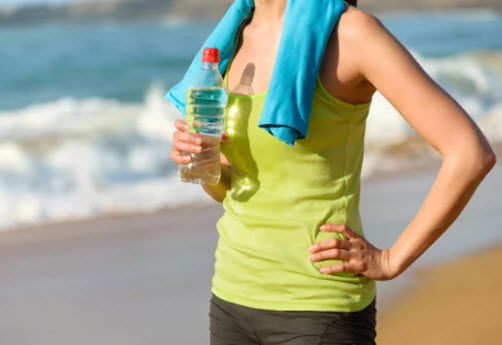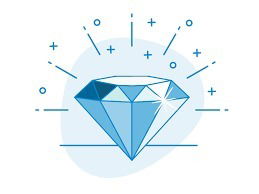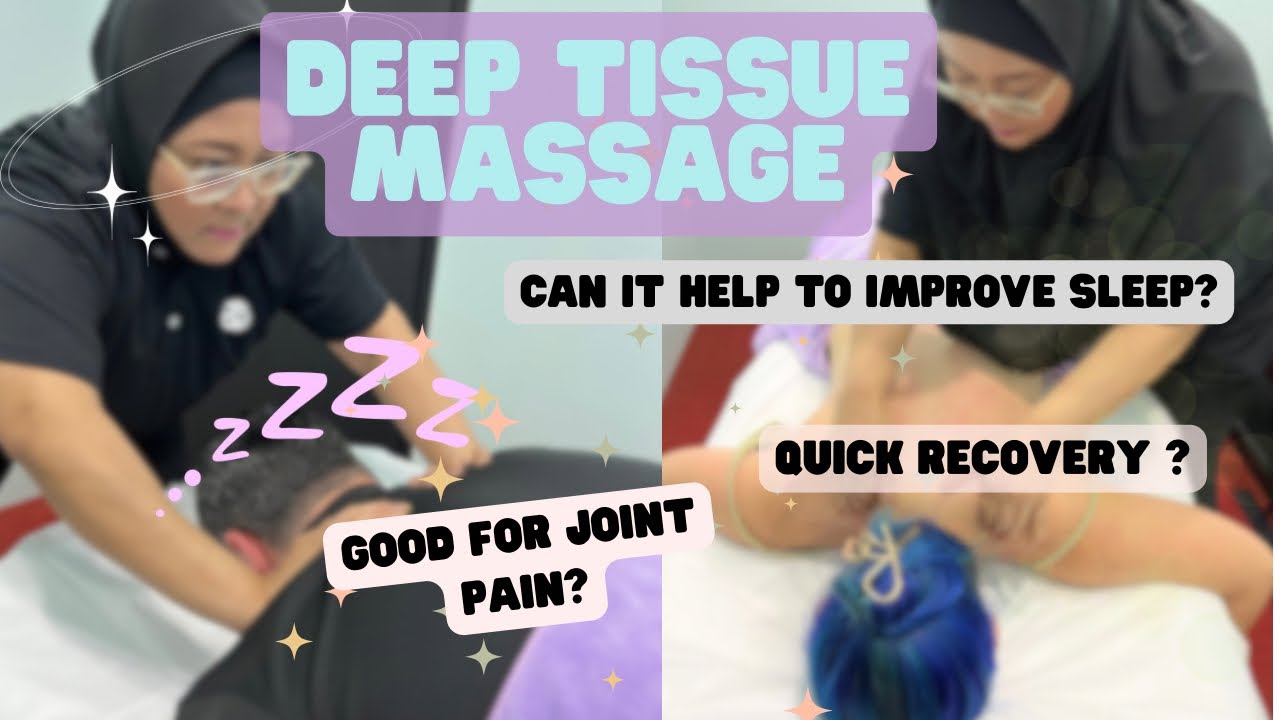Pain Management for Sports Enthusiasts
Sports participation enhances physical fitness and mental health, but it can also lead to injuries or discomfort requiring careful recovery strategies. Whether you’re a recreational athlete enjoying weekend games or a dedicated competitor training regularly, exploring therapeutic options can help manage pain and support a return to your activities. This article discusses methods like chiropractic care, sports massage, and home-based remedies that assist athletes in addressing sports-related pain and improving mobility.
1. Chiropractic Care for Back Pain Relief
Chiropractic treatment for back pain provides a non-invasive approach to address spinal misalignments often caused by sports activities like running or weightlifting. Through manual adjustments, chiropractors aim to correct these misalignments, reducing discomfort and improving movement. This method is valuable for athletes seeking drug-free solutions to manage pain and maintain performance.
Chiropractors hold a Doctor of Chiropractic degree, earned through extensive training in musculoskeletal health, qualifying them as licensed professionals. In Singapore, chiropractic care is a popular choice for athletes managing sports injuries, offering tailored treatments that support recovery without medication. Their expertise ensures care is customized to individual needs.
The treatment process starts with a thorough evaluation to identify pain sources, such as muscle strain or compressed vertebrae. Chiropractors may incorporate treatment for spinal decompression to address issues like herniated discs, which can contribute to back pain. This combination supports spinal health and helps athletes resume their activities with improved comfort and functionality.
2. Sports Massage for Muscle Support
Sports massage Singapore services are designed for athletes, targeting muscle groups stressed during activities like cycling or tennis. This therapy reduces muscle tension, enhances blood circulation, and improves flexibility, helping to prevent injuries and support recovery. Unlike general massage, sports massage focuses on performance and rehabilitation needs.
Regular sessions help maintain muscle health, particularly after intense training or competitions. Techniques like deep tissue massage address tightness, promoting relaxation and reducing recovery time. Athletes often find that incorporating sports massage into their routine minimizes downtime and enhances physical performance.
For those with spinal concerns, combining sports massage with treatment for spinal decompression can improve outcomes. The massage relaxes muscles around the spine, facilitating the decompression process, which relieves pressure on nerves and discs. This integrated approach addresses both muscular and spinal issues effectively.

3. Neck Pain Management with Chiropractic Care
Chiropractic treatment for neck pain is a practical option for athletes experiencing discomfort from repetitive motions or injuries in sports like swimming or martial arts. Chiropractors use precise adjustments to correct cervical spine misalignments, helping to alleviate tension and restore range of motion. This approach supports neck flexibility and reduces pain, complementing other forms of athletic preparation such as a Pre-marathon sports massage at Singapore Pain Solutions.
The treatment often includes exercises to strengthen neck-supporting muscles, promoting long-term relief. These exercises, tailored by chiropractors, ensure safe outcomes for the individual’s condition. Athletes can incorporate these techniques into their routines to maintain neck health and prevent further discomfort during sports activities.
When exploring chiropractic care, understanding chiropractor Singapore price is a key consideration. Costs vary based on clinic location, session frequency, and practitioner expertise, but many clinics offer affordable packages to make treatment accessible. Researching qualified professionals ensures athletes receive care aligned with their recovery goals.
4. Home Remedies for Knee Pain Relief
Knee pain is a common issue for athletes, particularly with aging, and knee pain treatment at home offers accessible solutions. Simple knee pain home remedies, like the RICE method (Rest, Ice, Compression, Elevation), can reduce inflammation and ease discomfort. These methods are practical for managing mild to moderate knee issues in daily routines.
Natural remedies, such as applying turmeric or ginger topically, leverage anti-inflammatory properties to support joint health. Maintaining a healthy weight is another effective knee pain remedy, reducing stress on the knees. Low-impact exercises, like gentle yoga or walking, strengthen supporting muscles, promoting long-term joint function.
For those considering the best medicine for knee pain in old age, non-drug options are often recommended initially. A knee pain home remedy, like using a compression wrap or heat therapy, can provide relief safely without side effects. Consulting a healthcare provider ensures these strategies are appropriate for individual health conditions.
5. Managing Tailbone Pain with Exercises
Tailbone pain, often triggered by falls or prolonged sitting in sports like cycling or rowing, can be managed with tailbone pain exercises. Gentle stretches, such as pelvic tilts or yoga poses like Child’s Pose, help relieve pressure on the coccyx and improve flexibility. These exercises are practical for athletes to include in their recovery routines.
Chiropractors or physical therapists often recommend specific stretches tailored to the individual’s condition to ensure effective relief. Consistent practice can reduce discomfort and prevent further irritation, supporting athletes in maintaining their active lifestyles. Combining these with professional treatments enhances their impact on recovery.
A comprehensive recovery plan integrating chiropractic care, sports massage, and home-based strategies offers a balanced approach to pain management. By addressing back, neck, knee, and tailbone issues through professional treatments and targeted exercises, athletes can reduce pain, improve mobility, and enjoy their sports with greater confidence and comfort.


